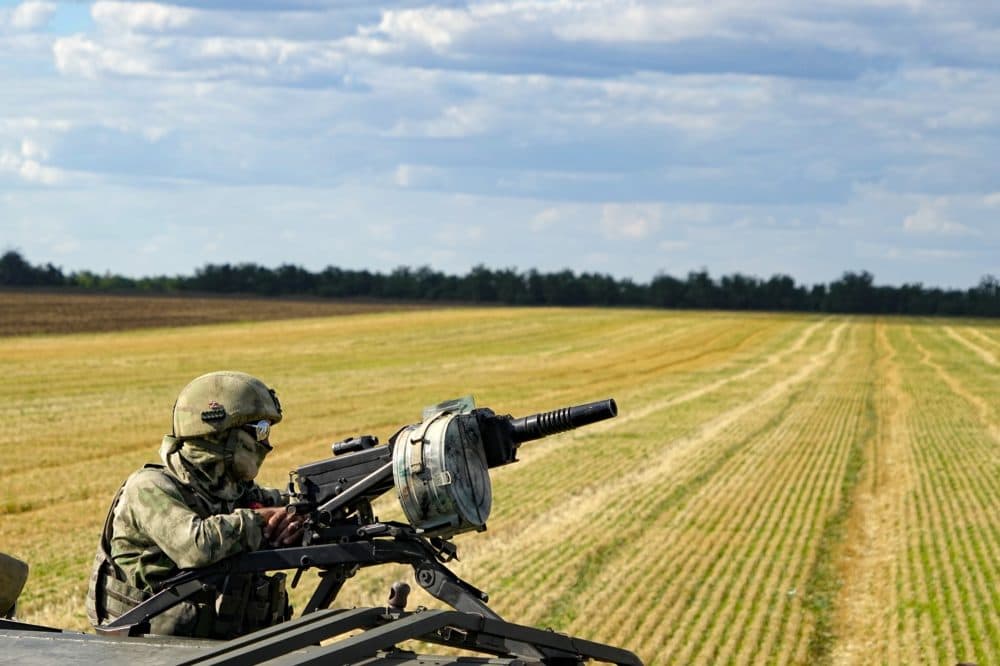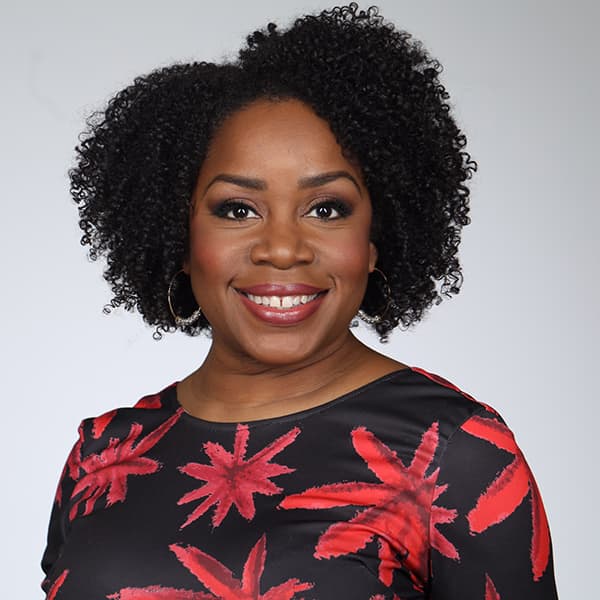Advertisement
Pushback in Russia on Putin's war
Resume
In Russia, pro-Putin TV pundits are openly criticizing their president for his faltering war in Ukraine.
In response, Putin has mobilized reservist forces, and threatened the West.
But Russia experts warn, western leaders should be careful what they wish for.
"I'd be very afraid if Putin were to be deposed because his most likely successor is not going to be a Western leaning Democrat."
Today, On Point: Putin under pressure.
Guests
Nikolas Gvosdev, professor of national security affairs at the U.S. Naval War College. Co-author of Russian Foreign Policy: Interests, Vectors and Sectors.
Olga Ivshina, correspondent for the BBC Russian service. (@oivshina)
Interview Highlights
Putin recently announced a mobilization of troops, saying that a nuclear response is not off the table. What does that sound like to you? Is that evidence that he is vulnerable?
Nikolas Gvosdev: "The operation is not going the way he thought it would, and that many people in Russia thought it was going to go in the first days of the so-called special military operation. And really, he's now facing a series of bad choices and he's trying to navigate between what he thinks will be the least bad options. So as you noted, it's a partial mobilization. Because there are those, particularly in local government, but also in the Russian economy, who said full mobilization would disrupt the Russian economy, particularly the energy sector, on which Russia depends for revenue. It would create some social unrest. As you've noted, we've had these protests across Russia in the last day.
"On the other hand, the military is saying we don't have enough people to control the territory that we've taken in Ukraine. We're thinly spread out. We're relying on militias and mercenaries. And what the Ukrainians demonstrated in the past two weeks is the ability to probe the Russian line and to be able to take back a significant amount of territory from Russian control. And so the military was saying we need more people.
"And this is, in essence, a compromise which may end up satisfying no one. To call for these reservists, to increase the number of personnel in Ukraine, but without perhaps causing these major societal disruptions at home. Both in terms of the mobilization, but also in terms of keeping the economy going, because a key part of Putin's ability to remain in power has been the bargain that he more or less offered Russian society two decades ago. Which is, I will more or less guarantee a middle class lifestyle for many of you as long as you let me let me run things. And mobilization and economic crisis are both the failures of the bargain on this part."
On elected officials who have accused Putin of treason
Nikolas Gvosdev: "It's unusual for it to be so public. Now, the districts that some of these local councilors represent are strongholds of the opposition. So it's not completely out of character that you might see calls from those circles saying that what Putin is doing has mortgaged the future of Russia. Has basically erased 20-some years of economic growth and development. What's more troubling for the Kremlin is less opposition figures that are known quantities. But what this is doing in that kind of more amorphous nationalist base that has so often served as a key foundation of Putin's popular support. So there's this narrative of President Putin not really serving Russian interests.
"Does that play? And what we just saw with this prisoner exchange between Russia and Ukraine, where Russia released some of the defenders of the Azov battalion that were in the Azov style plant in Mariupol, in order to get a leading Ukrainian oligarch released from Ukrainian custody. Some people are raising a question about that, which is really, are you doing this for the good of Russia or are you doing it because the oligarch in question, Mr. Medvedchuk, has familial ties with Putin?
"And is this a case of Putin is privileging his own interests, and the interests of his supporters, and particularly the business groupings that depend on him over the country as a whole. That is a narrative that over time could gain greater traction. We certainly have seen this over the past decade, that the narrative of corruption in Russia, and that the president tolerates corruption even when that corruption erodes the national interest, is one that is very powerful.
"And over the last several months, people have been asking questions, where did all this defense money go? All the defense reforms, all the equipment that we were promised, you know, how much of that was actually spent? And is that one reason why Russia is not doing as well in Ukraine as should be expected? And is it because of corruption? And is that corruption facilitated and protected by the president? That is a narrative that over time could have a much greater impact."
On public opinion inside of Russia
Olga Ivshina: "Russia is huge, right? That's why it's not easy to summarize. Public opinion is different depending on which branch of population you're talking about. Definitely there are ultra patriots, people on the far right of the spectrum, those who genuinely and strongly support the war, which they call special military operation. It's hard to judge, you know, how many of them are there? Maybe 10%, I would say maximum, 15%. And they strongly support this move. They actually say this should have been done even earlier. So the strongly supporters, and some of them, although not all of them, are even eager to join their mobilization.
"There is another part of their population, according to polls. ... We need to be careful interpreting the polling numbers. But still, at least 20, 25% of population do not support this war at all. Definitely they're not happy. And we have seen protests since day one of this war in Russia. Not numerous, but still we know that thousands of people were taken, were detained and went to jail or had to pay fines. So they don't support. And there were protests yesterday, not only in Moscow, but also in some other regions where you wouldn't expect people to do so.
"And there is also that huge population in the middle of, well, probably 60%, I guess ... who are trying to get on with their lives, ignoring the war, trying to pretend it's not happening. And now they are definitely affected. Because even though Putin and his officials said it's only partial mobilization, and they won't mobilize students or those who didn't serve or whatever, no one believes them, to be honest. Because Russians, well, no track record of that government and they know they shouldn't believe whatever words are being pronounced officially.
"So, yes, people are worried. And we have seen that, those who could afford to leave, some of them definitely left. All tickets for closest visa free destinations have been sold out yesterday and actually day before yesterday. And today we see huge queues in the airports. So whoever could say they are scared. But the thing is that the majority population country, they don't even have foreign passports. And on top of that, they don't have money to travel."
Do you think Putin will be able to rebuild the support he once had?
Olga Ivshina: "The population is scared. Absolutely disintegrated. Even though small horizontal connections, which existed, they're being destroyed now. And because the repressive machines is working well, it has been working for at least ten years. But now it's evolving. It's new and repressive laws are being published. So people are being afraid. They're being afraid to talk, to express themselves.
"And Putin controls the narrative. And, you know, the more restrictive the system is, the harder it is to get the alternative point of view. People try to find ways. But if your population is gripped by fear and by the need to survive physically, to keep your father in the family, or to earn for bread, you don't think about support."
This program aired on September 22, 2022.

